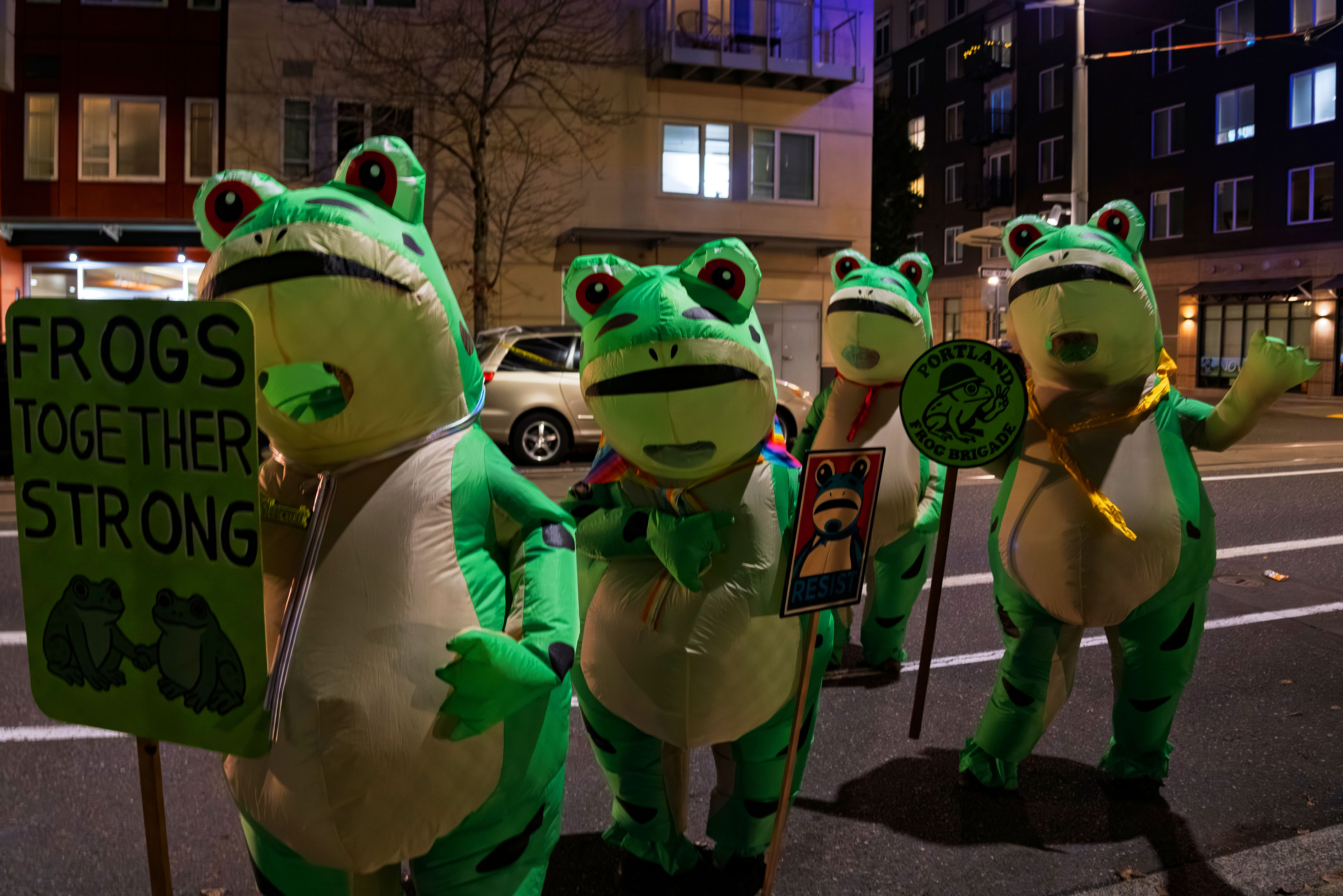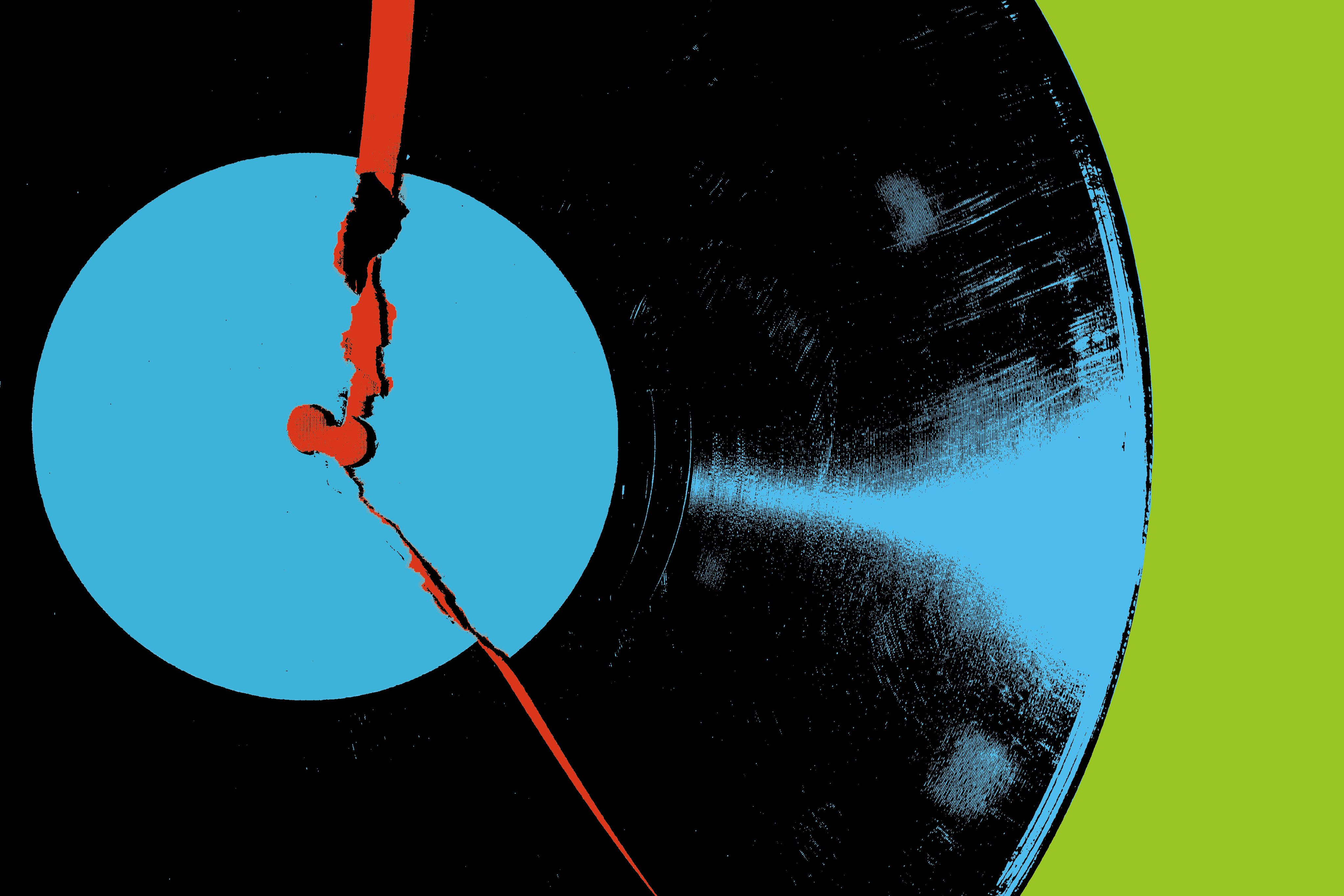PhD in Pop? No-No Boy Weaves Asian American Tales on Postdoc Album

Image: Max-O-Matic
If life is a band, Dr. Julian Saporiti, 38, is playing a lot of instruments: he’s the singer-songwriter behind No-No Boy, an indie-folk project he founded as part of his dissertation for a PhD in ethnomusicology and American studies from Brown University. Saporiti attended Berklee (“the music school, not the smart one,” he says, to differentiate the Boston institution from its homophone in California), where he joined an indie-rock band and traveled the world. He burned out after a decade on the road and stumbled into academia. But when his research on the unreported histories of Asian American musicians needed to be knitted into a coherent project, he defaulted to his first love: “I was listening to interviews and transcribing quotes, and then I just picked up my guitar and started writing lyrics.” He ended up penning more than 100 songs as part of his dissertation.
After graduating, he hit the road again, playing songs and collecting ethnographies (stories) along the way, and this time traveling with wife Emilia Halvorsen Saporiti, who collaborates on the No-No Boy project. (The name references Japanese American men who answered “no” to the two most crucial questions of the World War II–era internment camp intake, the so-called “loyalty questionnaire,” declining to pledge unconditional loyalty or military service to the US government). Saporiti’s 2021 album, 1975, was something of a hit; one track has more than a million Spotify listens. The songs are equal parts jams to blast in the car and fascinating historical revisions that go as deep as you care to dig.
Empire Electric, the third and likely final No-No Boy album, is out September 29 on Smithsonian Folkways. We spoke on a sunny late afternoon earlier this month, strolling the trails of Tryon Creek State Natural Area, where Saporiti likes to meditate and bird-watch after he drops off his wife for her law school classes at Lewis & Clark—and where he recorded some of the new album.
Portland Monthly: How do you find the stories in your songs?
Julian Saporiti: My field research sites, a lot of times, are my concerts. They say you "give a concert," right? If it’s in a city with any kind of immigrant population, a lot of the people in the audience will have a story to give back. And then that becomes part of the repertoire—the songwriting. Reciprocity is really important.
Can you give an example?
The song “The Onion Kings of Ontario!” [is about Japanese Americans who settled in Ontario, Oregon, and farmed onions, including Jim Mizuta, who was] in an internment camp in Wyoming. I was playing music at the actual site of the camp when they were having a pilgrimage for families who had people in the camps or the survivors themselves. After the show, his family was like, "Hey, can you go interview our dad?" We ended up having this awesome conversation, and, over the course of three or four years, I would stop in Eastern Oregon and hang with him and worship with him at this Buddhist temple, and that became the song. Asians in the middle of nowhere really appeal to me, I think because I grew up in Nashville [where there’s not a large Asian American population].

A still from the music video for “Mekong Baby,” a song recorded in part at Tryon Creek State Natural Area in Southwest Portland
Walk me through a song you made here.
I recorded “Mekong Baby,” the first single, right here. And so those birds are on the record. And then half the song is sung by this wonderful Vietnamese American refugee pop musician [Thai Hien], an older Vietnamese woman who represents my mom and my grandma. And then you have field recordings I made back in Vietnam, and archival US government recordings of artillery fire from the war, because that’s obviously the impetus for the removal of my family from that country.
Does everything on the album have these profound layers of meaning?
The first two albums were done while I was in dissertation mode. When you’re working on a dissertation, you have to cite specific things. That’s why they’re so historical-Easter-egg-packed; I was really overthinking everything the way that graduate students do. Maybe they were Taylor Swift-music-video-level Easter eggs: "If you read this history or article, you’ll be able to layer more meaning onto the song." This new album is less historical—more like daily life.
Why use songs as your medium?
Songs allow ambiguity and irony and multiple layers of juxtaposition in a way that regular prose writing doesn’t. Historians tell you when something happened and what happened, and artists allow you to get inside of that moment a little bit more.
This record dives pretty deep into Oregon history for someone who moved here in 2020.
A couple of these songs were commissioned by Portland Taiko, the Japanese drumming group, so I started looking into Japanese American histories in the area. The song “Western Empress” is about the first Japanese American to settle in Oregon, Miyo Iwakoshi. It’s this fascinating story of a pioneer who ran a sawmill with her Australian husband. Some people say the town of Orient, near Gresham, is named after her. Oregon is abound with stories like, "Oh, she was buried in the cemetery next to her husband, but she wasn’t allowed to have a headstone, because it was a whites-only cemetery. And that’s why, if you go to the Gresham Pioneer Cemetery today, there’s this giant Japanese cedar tree. Because that was the only marker that could be her grave." ... If the next time you go to Gresham and hike around the woods, you think of a Japanese woman, I think that’s a pretty revolutionary thing—how those facts might alter your historical imagination.
Is this the last No-No Boy record?
I was going to end this project when I left grad school, and then I was so heartened by the response to the last album.... But making the wartime traumas of my family the centerpiece of an identity seems like a pretty shitty way to live. I’ve done the very hard work of unpacking those histories, which I think is a necessary first step. But to linger on those and create your whole identity on the war your mother escaped? That’s kind of a fraught proposition.
Will we hear any more of these songs?
There are at least two more songs I want to share as No-No Boy. I think coinciding with the 50th anniversary of the end of the Vietnam War, in 2025, would be a nice time to release the last of the music.
No-No Boy's Empire Electric album release party and concert, part of McMenamins History Pub series and complete with storytelling and a multimedia presentation, starts at 8 p.m. Wednesday, October 4, at the Mission Theater, tickets $15–20, all ages




